Who doesn’t love a healthy egg recipe? Whether boiled or in a frittata, eggs make some of the most nourishing foods out there.
—
A valuable culinary mainstay, eggs are enjoyed around the world. You can eat, drink, poach, steam, fry, boil, or bake them; eggs are the epitome of versatile food!
Not only do we enjoy them as part of a savory dish, but we love them in desserts. From basic scrambled eggs to fancy soufflés, in a small, crowded kitchen or perched on the menu of a Michelin star restaurant, eggs are a premier food essential.
If you’re an egg lover, you’re going to love these dishes. They’re refreshingly easy and may even win a few skeptics over.
So take a crack at these healthy egg recipes and break out of your shell. But first, some helpful info on eggs.
Health Benefits of Eggs
Eggs are incredibly healthy. They’re one of the few foods that contain pure protein.
Out of 20 amino acids, only 9 are essential, and one egg contains all 9.
If you don’t eat many sources of complete protein like meat, dairy, quinoa, soy, buckwheat, and algae, your body will lack essential amino acids. This will force it to break down muscle tissue to access those nutrients, causing you to lose muscle mass in the process.
1. Egg White
Egg white, or albumin, is high in protein and low in cholesterol. According to the American Heart Association, those at risk of cholesterol-induced heart disease can opt for egg whites in place of whole eggs or yolks.
One way to get accustomed to this is to scale up your egg white percentage in place of yolk whenever you cook an egg-based dish.
2. Egg Yolk
Egg yolks provide more protein than egg whites and have an outstanding overall nutrient profile. They carry several minerals, lipids, and vitamins that help to fight inflammation and disease.
One example is the water-soluble compound choline. Boiled eggs are the most popular source of choline in the American diet, and choline is essential for developing the brain.
Other sources of choline include beef liver, soybeans, and potatoes.
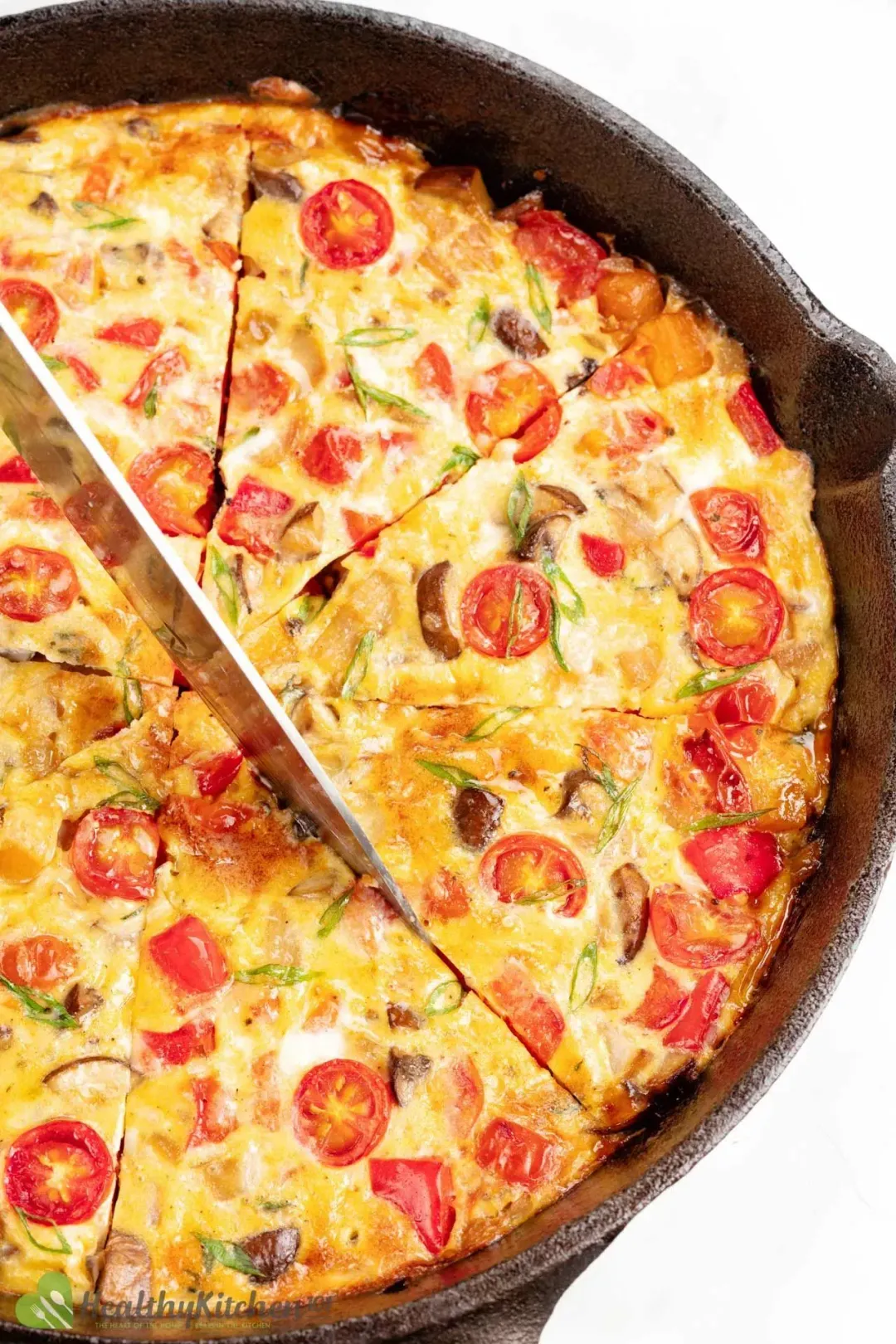
Nutrition
1. Calories
One large, raw egg (50 g) contains about 72 calories, while a medium one (44 g) has roughly 63 calories.
2. Protein
There are 6.3 g of protein in a large egg and 5.54 g of protein in a medium one. Most of this protein is concentrated in the egg white.
In light of this, you can use egg whites to promote a protein-rich diet without the cholesterol from egg yolk.
3. Carbs
A large egg contains 0.36 g of carbohydrates. With barely 1 g of net carbs per roughly 70 calories, eggs are a popular choice in low-carb and ketogenic diets.
4. Cholesterol
There are 186 mg of cholesterol in one large egg, which equals 62% of the daily value (DV). If you need to lower your cholesterol consumption, we suggest you omit the yolk.
5. Sodium
Eggs are naturally low in sodium, with just 62-71 mg per large egg (3% DV). This comfortably positions them in favor of low sodium diets along with fresh, unprocessed foods.
Egg Substitutes
Given that eggs are so versatile and uniquely nutritious, it’s nearly impossible to find a perfect substitute for them. You can, however, find foods with properties that replicate parts of an egg’s texture, flavor, or nutrition.
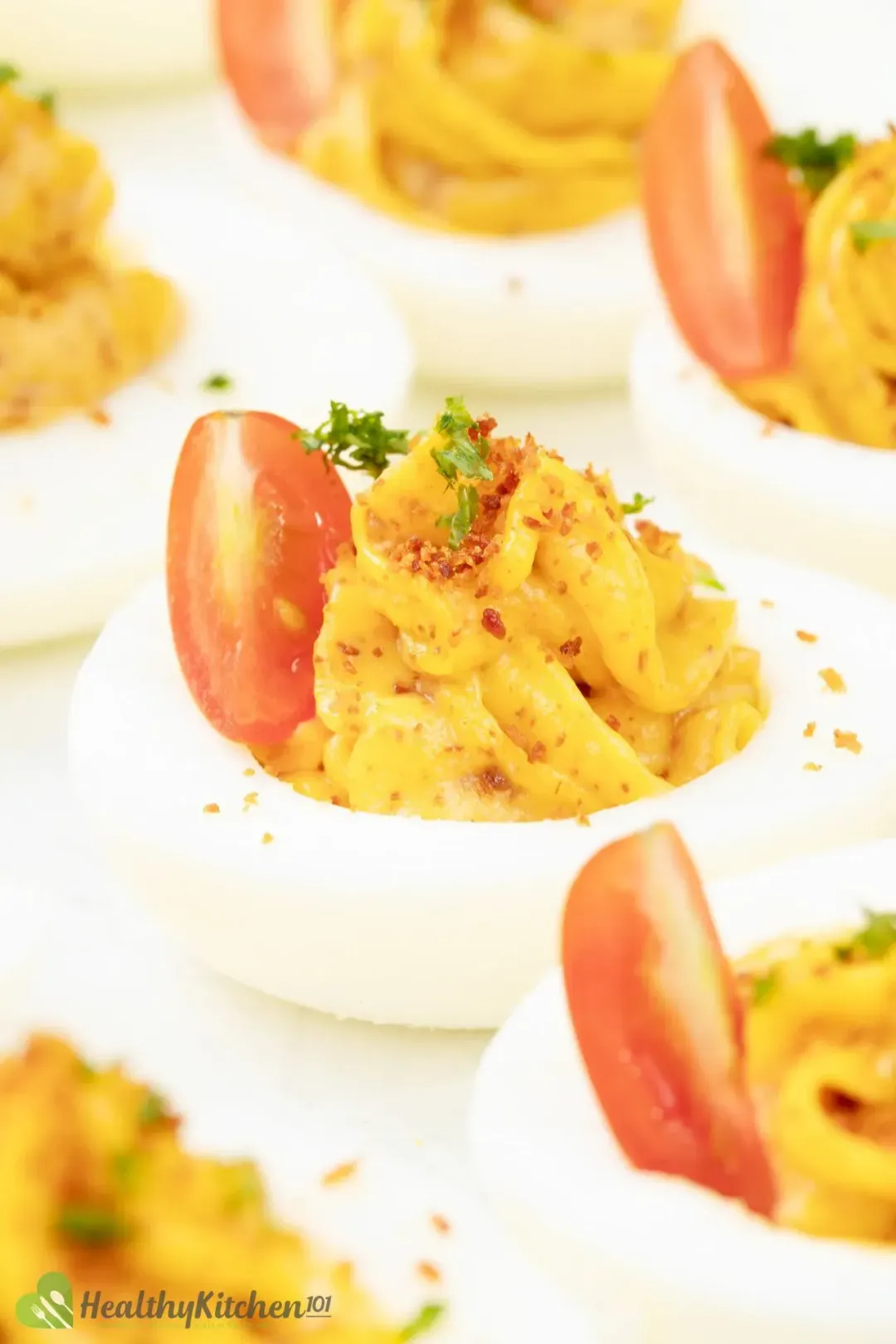
Use the following substitutes to replace one egg:
- Ground flax seeds (1 tablespoon of ground flax seeds + 3 tablespoons of water.) Perfect for replicating that thick, gluey consistency, ground flax seeds make the ideal ‘vegan egg.’ Use ground flax or chia seeds when a waffle, muffin, or pancake recipe calls for not more than two eggs.
- Silken tofu (¼ cup tofu purée.) Tofu is an excellent vegan substitute for custards, mousses, or quiches that require a smooth and creamy texture.
- Arrowroot powder (2 tablespoons of arrowroot powder + 3 tablespoons of water.) Use arrowroot powder, cornstarch, or whole-wheat flour in recipes that call for eggs as a binder. This substitute is great in burger patties, meatballs, or cookies.
- Applesauce (¼ cup unsweetened applesauce.) Applesauce and other puréed fruit, like mashed bananas, are ideal for the vegan baker and flavor enthusiast alike. They’re excellent binders for muffins and add natural sweetness to the end product.
How to Tell If an Egg Is Bad
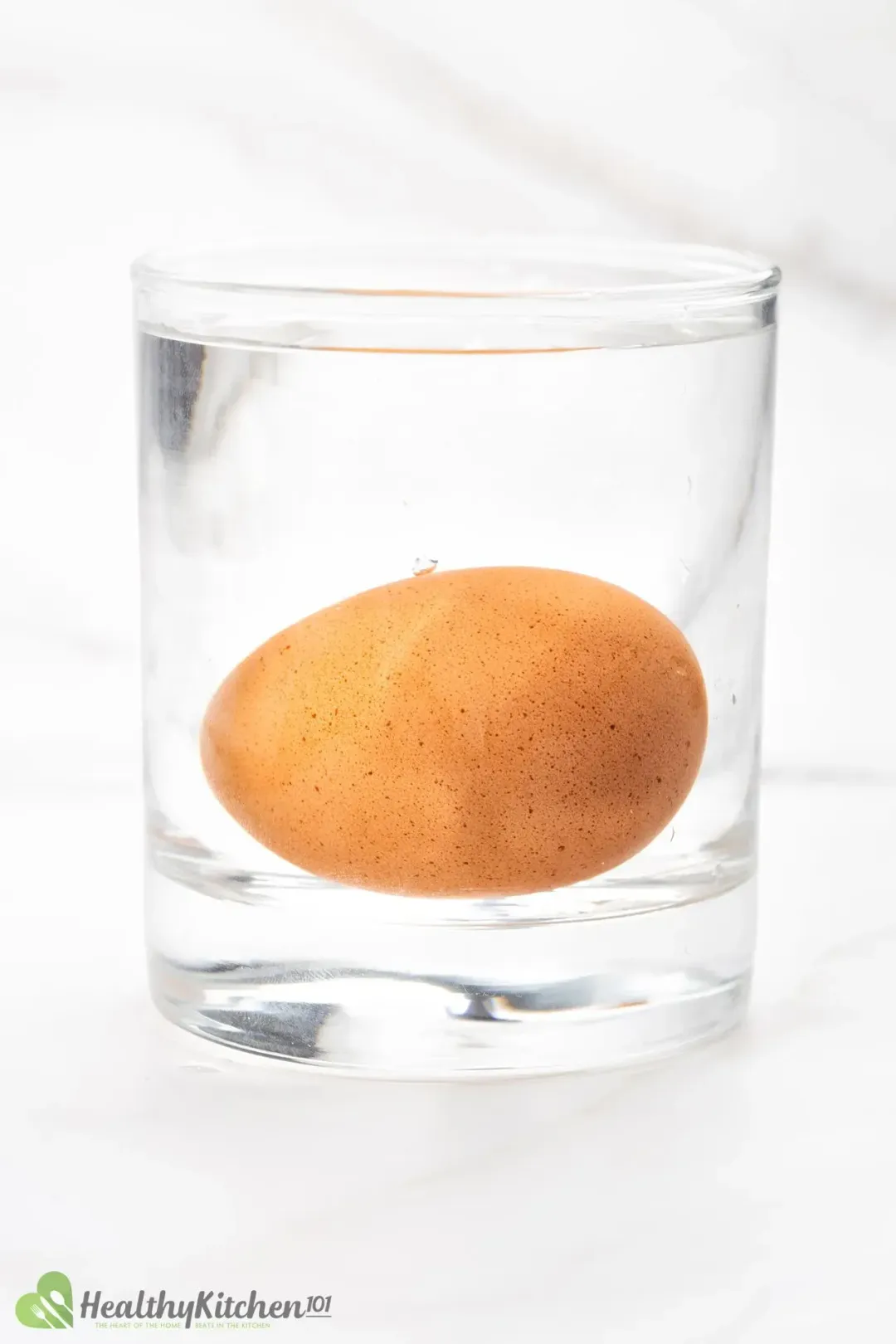
The expiry date on an egg carton indicates the potential condition of your eggs. It is, at best, an estimate of the whole batch’s shelf life.
There are more precise (and sometimes gross) ways to detect a bad egg within a bunch.
- The Float Test: Suspend raw, uncracked eggs in a jug of water. If they sink and lay flat at the bottom of the jug, the eggs are fresh.If they sink to the bottom but stay upright, they’re still fit for consumption but not as fresh. If the eggs stay afloat at the top, however, then they’ve gone bad.
- The Sniff Test: Sometimes, you can get a whiff of a bad egg’s odor even before cracking it open. When opened, rotten eggs have a distinct, sulphuric smell that leaves you with no doubt that they’re rotten.
- The Shake Test: It’s pretty straightforward; the shake test requires you to hold an egg to your ear and shake it.
No sound should come from the egg. If you hear the liquid swishing around, the egg has gone bad.
How to Choose Quality Eggs
We all appreciate knowing the expiry date whenever we buy a product. In the case of eggs, however, the ‘packed by’ date (or Julian date) is what you want to look for.
The ‘packed by’ date is usually stamped within seven days of the eggs being laid. To gauge how fresh they are, you can assume the eggs were laid a week before the stamp date and then count up to your date of purchase.
If the Julian date is not available, you can still use the expiry date. Expiry dates may not be accurate for fishing out that one rotten egg, but they significantly reduce the likelihood that you’ll crack a bad egg into the skillet.
You can also briefly scan your eggs before purchasing to see that they don’t have any cracks. Once cracked, bacteria can enter and spoil the egg, so you want to avoid those altogether.
How to Cook Eggs Recipes
A plain egg is healthy, but stumbling upon a healthy egg recipe is not as straightforward. Don’t worry — the following recipes have you covered.
We’ve prepared the eggs in several ways, including scrambling, poaching, and frying. The common theme, however, is you can seamlessly incorporate these recipes into a healthy eating regimen.
1. ‘Busy Morning’ Egg Recipes for Breakfast
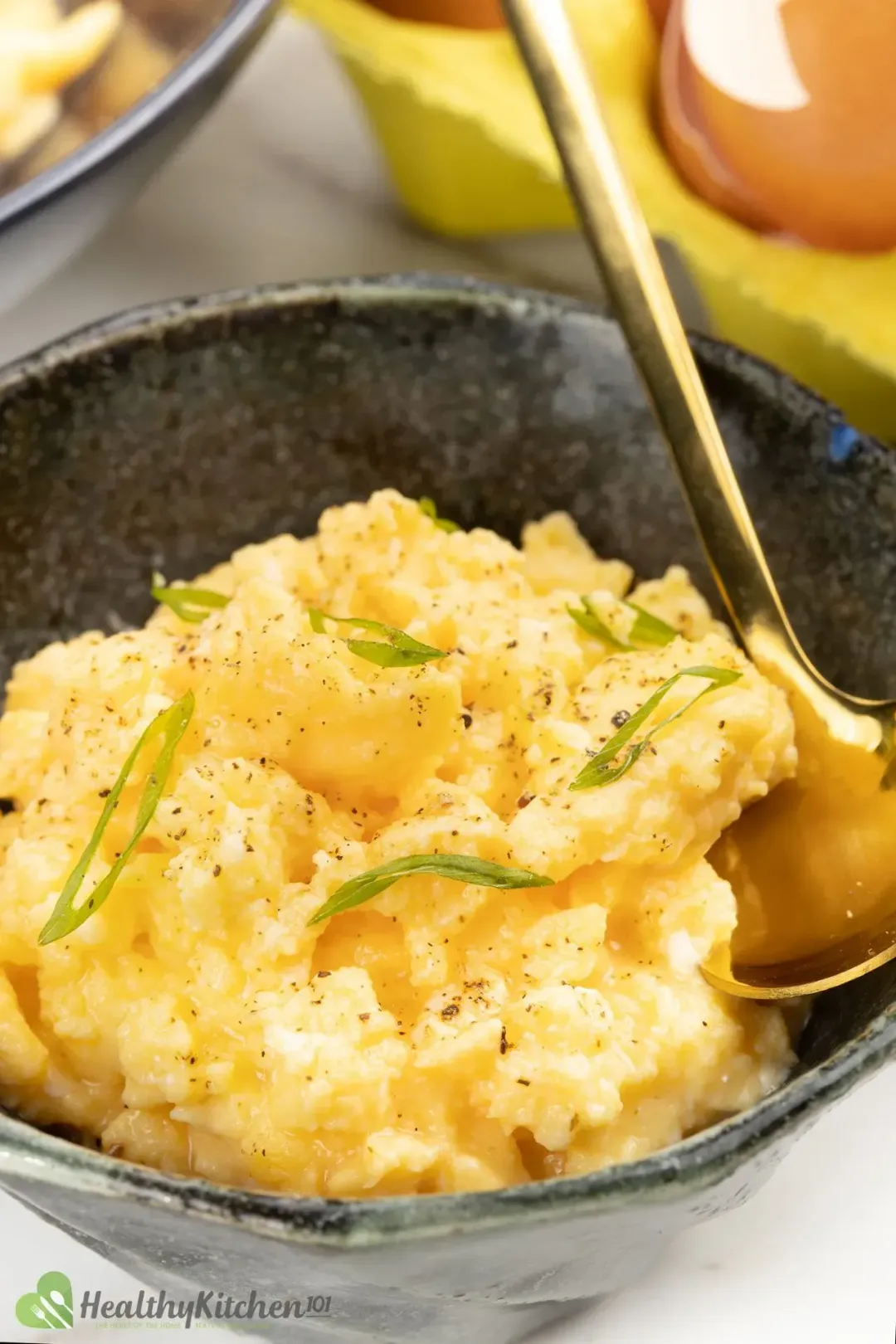
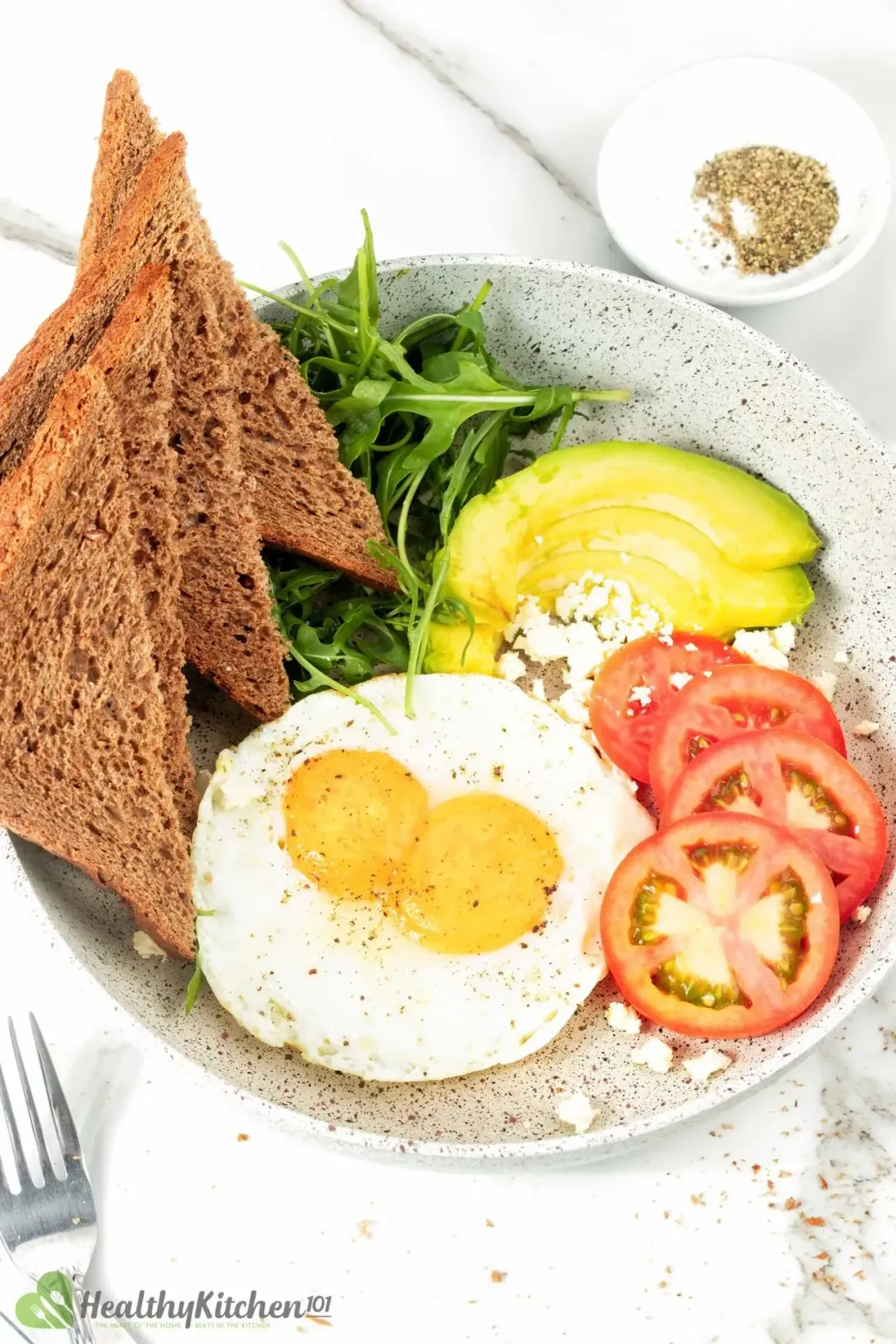
- Scrambled Eggs: We’re all familiar with this typical breakfast with toast and butter. Scrambled eggs are the essence of simplicity, and here we whisked them with cream and parmesan cheese to give them a rich, fluffy finish.
- Sunny-Side Up Eggs: Next to scrambling, frying eggs is one of the best ways to get soft, airy textures on your plate. Our recipe yields 4-minute fried eggs with delicious, runny yolks served on toast.
- Egg Skillet: This dish by Chelsea’s Messy Apron is a party in a skillet. Crispy potatoes, bacon, and creamy eggs are cooked together and can be served with tortillas as breakfast burritos.
- Frittata: This frittata mixes in tomatoes, carrots, mushrooms, and bell peppers to deliver a colorful skillet full of creamy flavors. With so many textures included, you can easily double it to create a main.
- French Toast: French toast is the pick of the litter when it comes to easy breakfasts. This version by Picky Eater Blog recreates the classic using sourdough bread, nutmeg, cinnamon, and a fresh berry topping.
- BLT Egg Bake: Take your BLT sandwich to another level with Skinny Taste’s version that features a fried egg and toasted whole-wheat bread. You can easily switch it up by leaving the yolk runny or making it firmer.
- Huevos Rancheros: Translating to ‘rancher’s eggs,’ huevos rancheros centers around fried eggs, tortillas, and salsa. This recipe by Tastes Better From Scratch stays true to the original and delivers robust Mexican flavors.
2. Hard-Boiled Egg Recipes
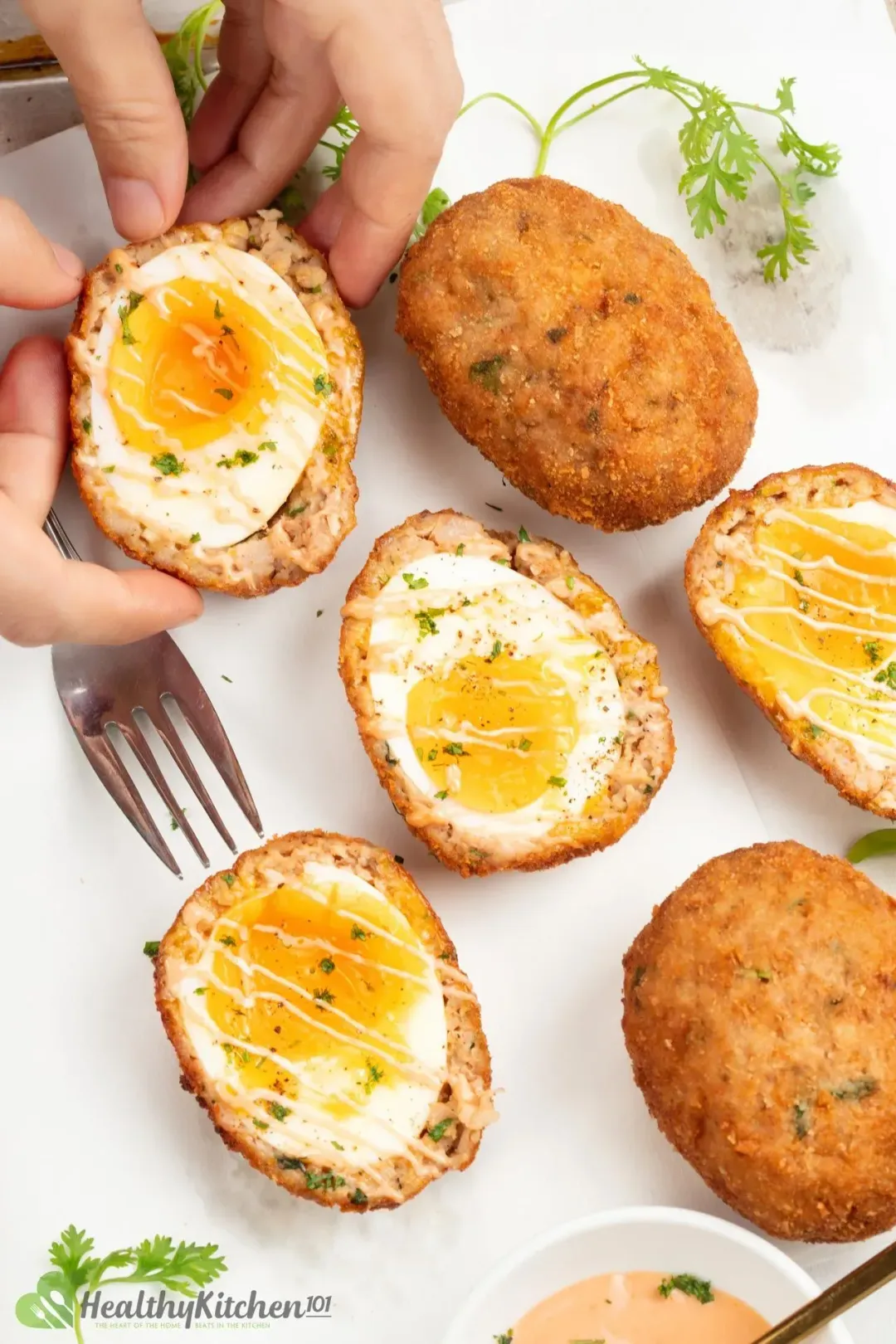
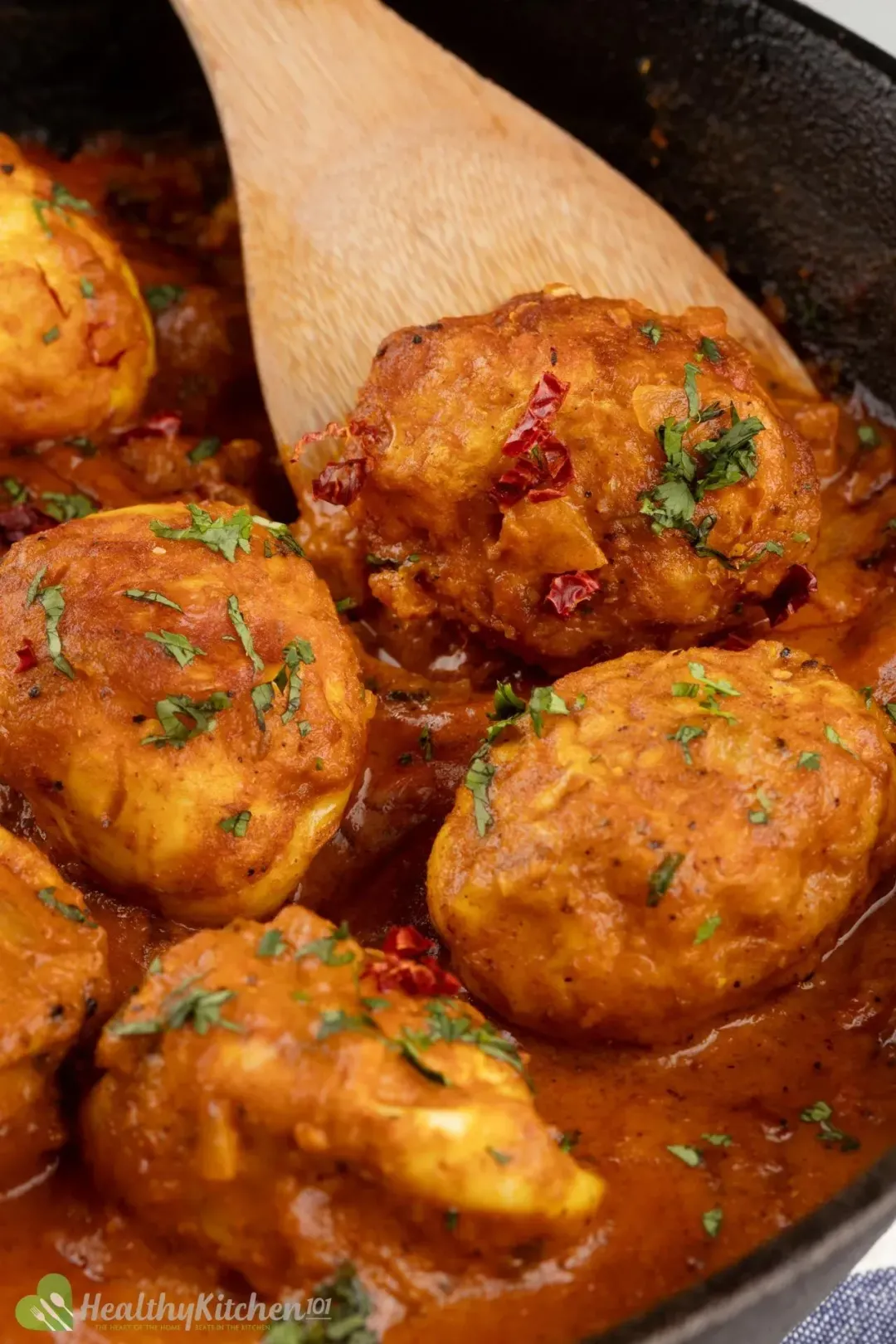
- Scotch Egg: The Scotch egg is brilliant when you want to transform a boiled egg into something more filling. Boiled eggs are wrapped in a spicy sausage mix and deep-fried into golden, crispy ovoids.
- Deviled Eggs: This recipe especially celebrates the yolk. After boiling, we blended the yolk with mustard, sour cream, and paprika. The final product is egg halves with silky smooth yolks.
- Egg Salad: Once boiled, eggs can be used for many dishes like this salad. This recipe transforms a typical veggie and mayo salad into a texture-rich dish with added nutrition.
- Egg Curry: Most of us love a curry, but what makes this one special is the boiled eggs that add a much-needed counterpoint to the spicy sauce. Plus, using eggs instead of meat ultimately makes this curry recipe much simpler.
3. Not Your Typical Egg Recipes
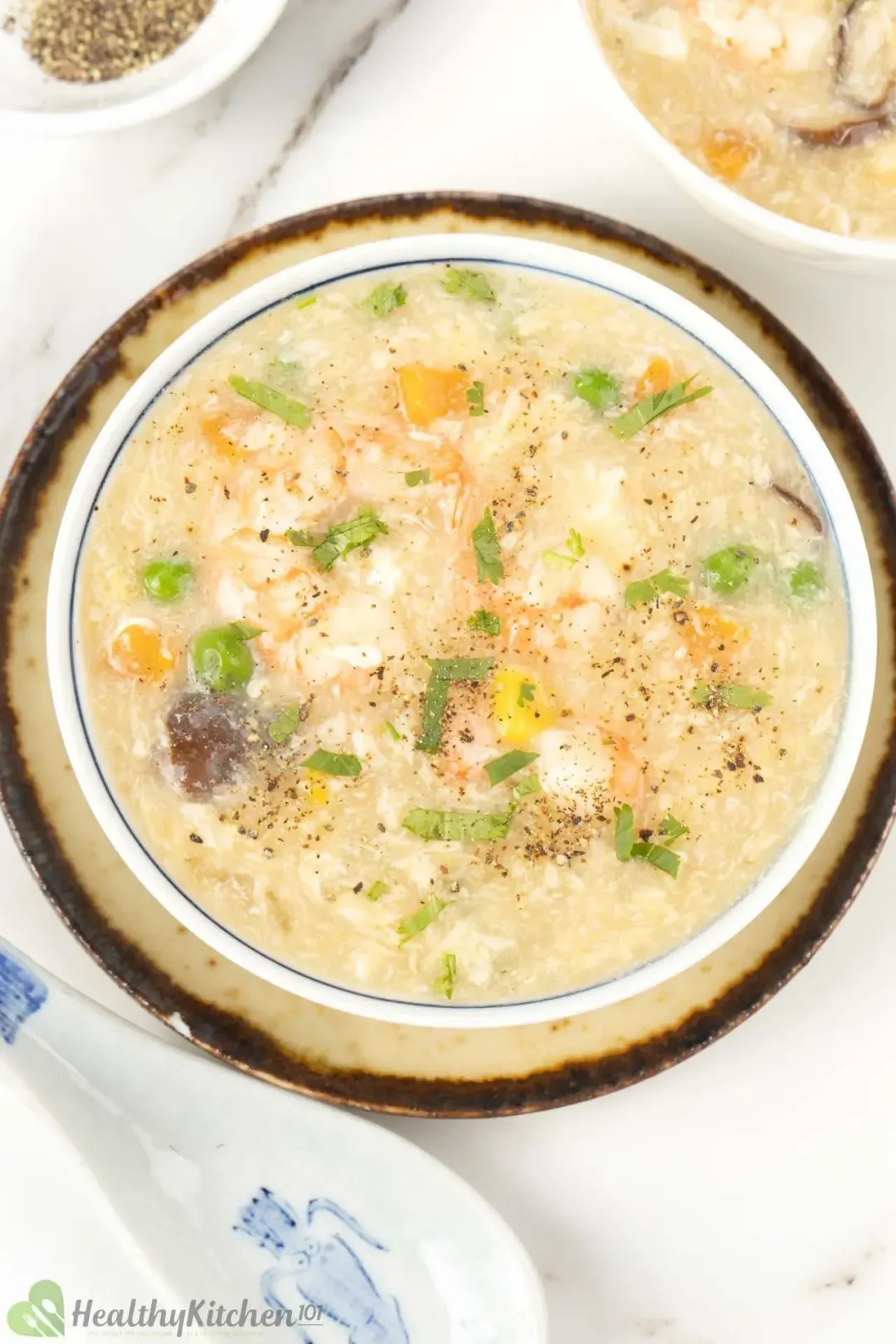
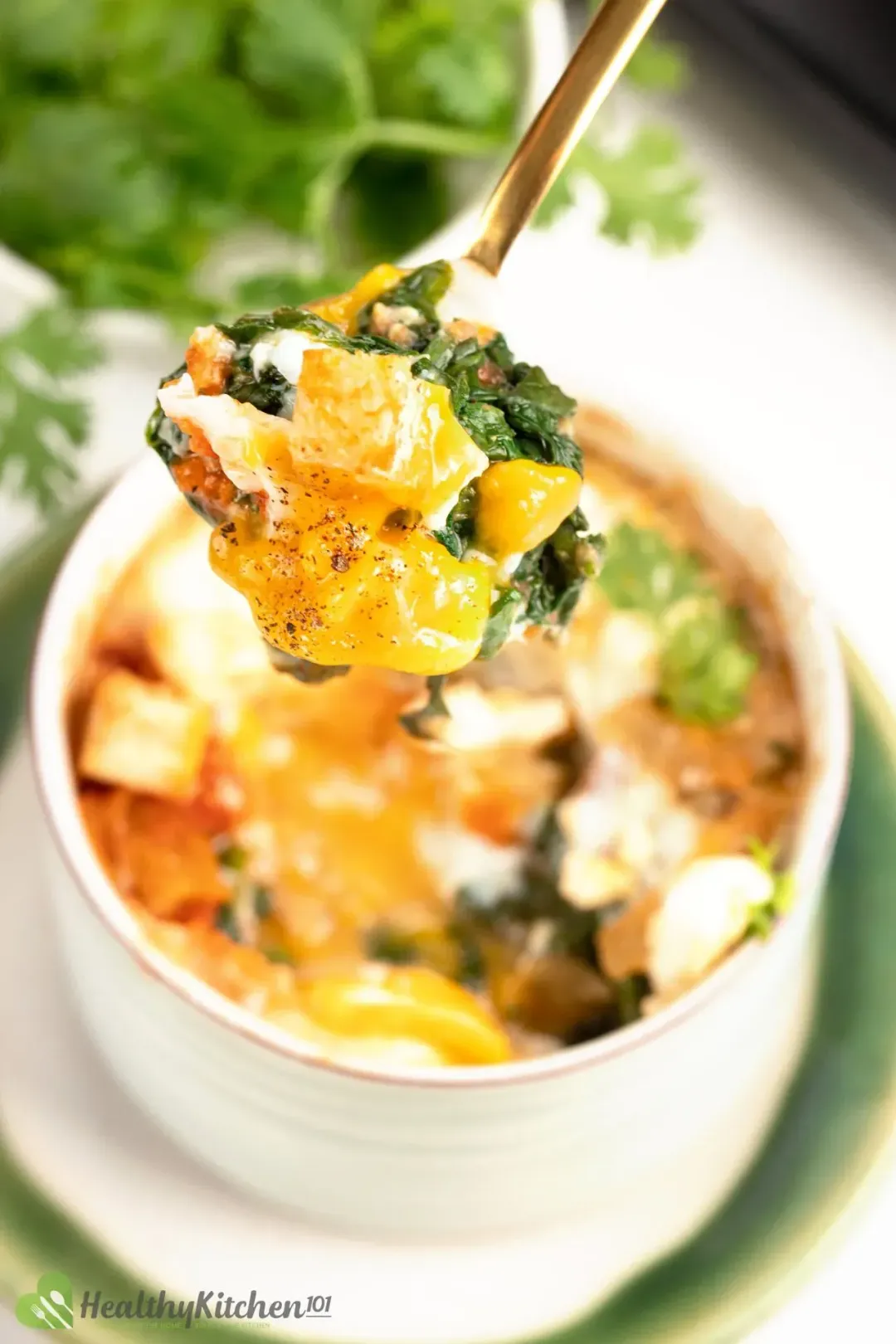
- Shirred Eggs: Otherwise known as oeufs en cocotte, this preparation sounds fancy because it is. One cracked egg is set atop a cheesy spinach and mushroom mix. It’s then baked and served in a ramekin, where you scoop bits out with a spoon and enjoy it as an egg à la mode.
- Pickled Eggs: These pink eggs are pretty as a picture. Don’t be fooled by looks, however, as they pack intense flavors of beetroot and vinegar to create a wholly unique dish.
- Egg Drop Soup: Egg drop soup is a savory Chinese broth cooked with shrimp. While the broth is hot, the egg is slowly poured in and whisked just enough to be cooked, then immediately served.
- Migas: This migas dish is our version of a Tex-Mex breakfast. It’s a scrambled-egg meal with chopped cherry tomatoes topped with tortilla chips and mozzarella for a gooey, texture-rich finish.
- Hollandaise Sauce: This homemade hollandaise sauce by Mighty Mrs can be paired with salmon, eggs benedict, frittatas, or French toast. All you need is egg yolk, butter, half and half, and a dash of lemon juice to make this silky smooth dressing.
4. Little Ones Love These Kids Egg Recipes
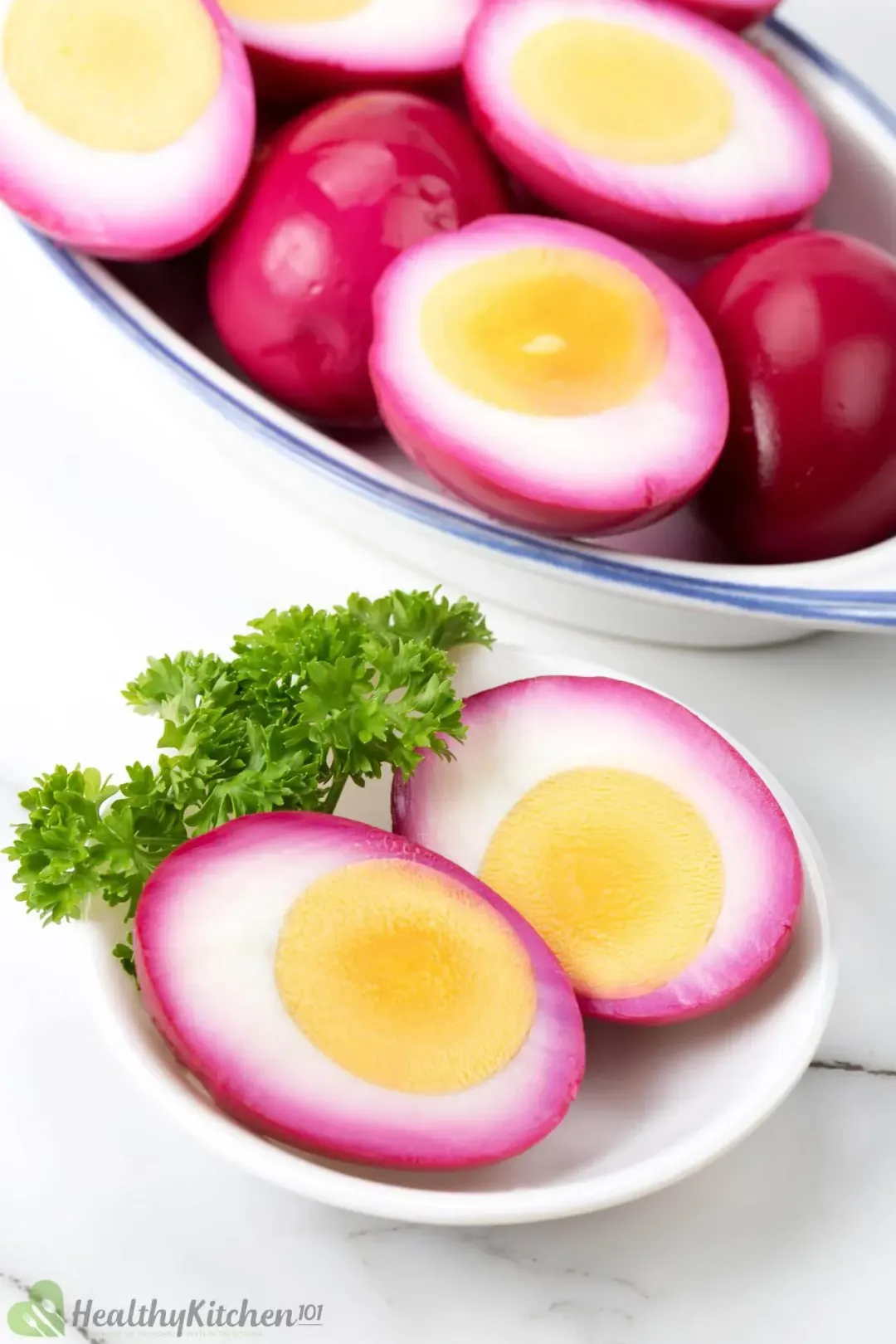
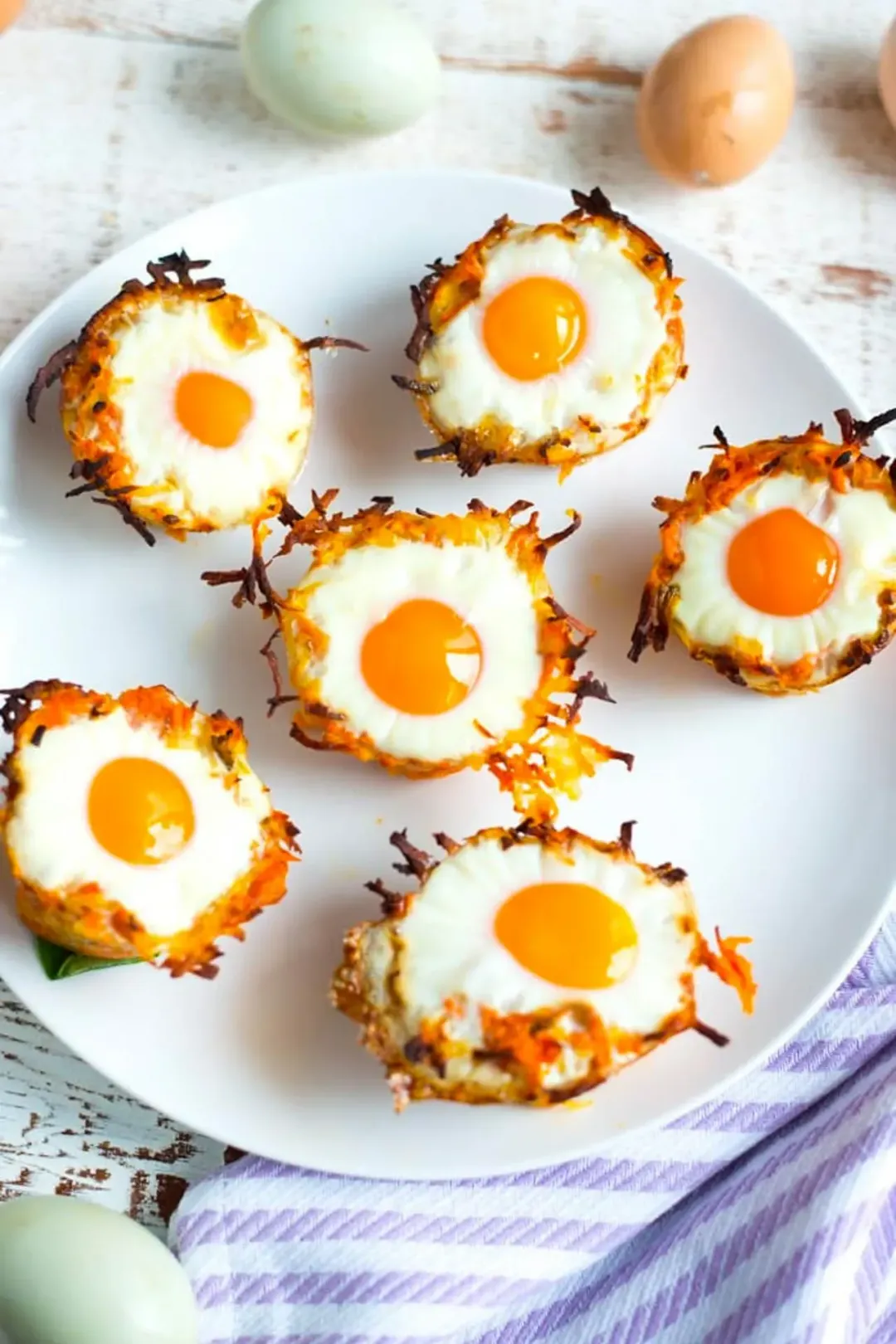
- Egg in a Hole: This is a basic breakfast by Simply Happy Foodie whereby you crack an egg into the center of a holed slice of bread and cook it with salt and pepper. The final dish is crispy, fried toast with a yummy egg center.
- Sweet Potato Hash Brown Egg Nests: These tiny nests by Real Food Whole Life are a simplistic treat made of russet and sweet potatoes baked in muffin cups. Eggs are cracked into the baked hash browns and baked again to your desired doneness.
- Dippy Eggs: The best part about these ‘Eggs and Soldiers’ by Healthy Little Foodies is they use only three ingredients. Kids will enjoy dipping butter-toasted breadsticks or carrot slices into a boiled, runny egg top and munching away at the crunchy and creamy textures.
- Cloud Eggs: In this dish by Kirbie Cravings, egg whites are whipped to stiff peaks and baked in molds along with cheese and chives. They come out light and puffy to resemble fun-sized clouds.
- Egg Puffs: These puffs by Caramel Tinted Life have a Kerala flair of coriander and turmeric flavors. Boiled eggs and masala are literally at the center of this dish and encrusted with a crispy, flaky puff pastry.
5. Egg Bake Recipes for Easy Meals
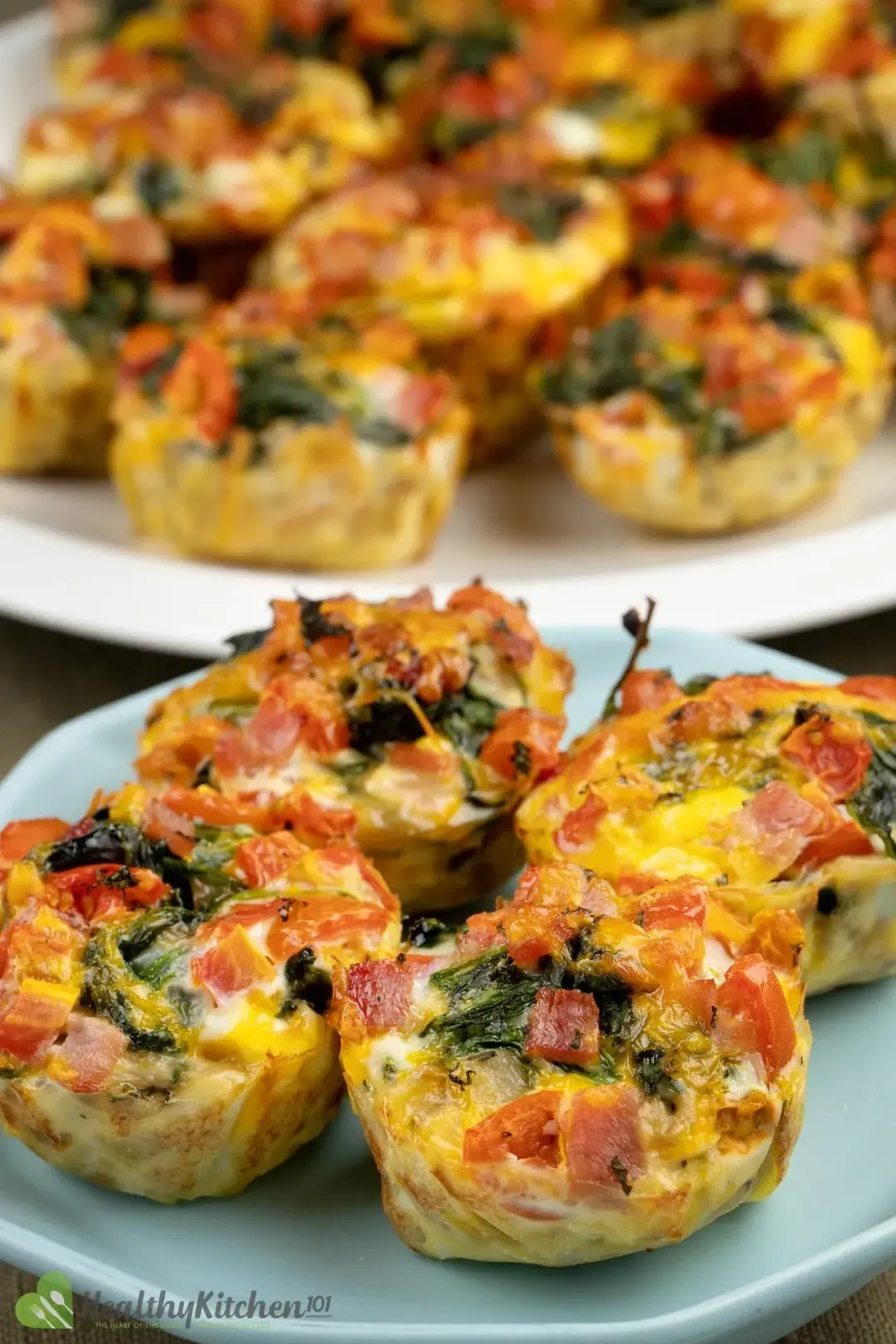
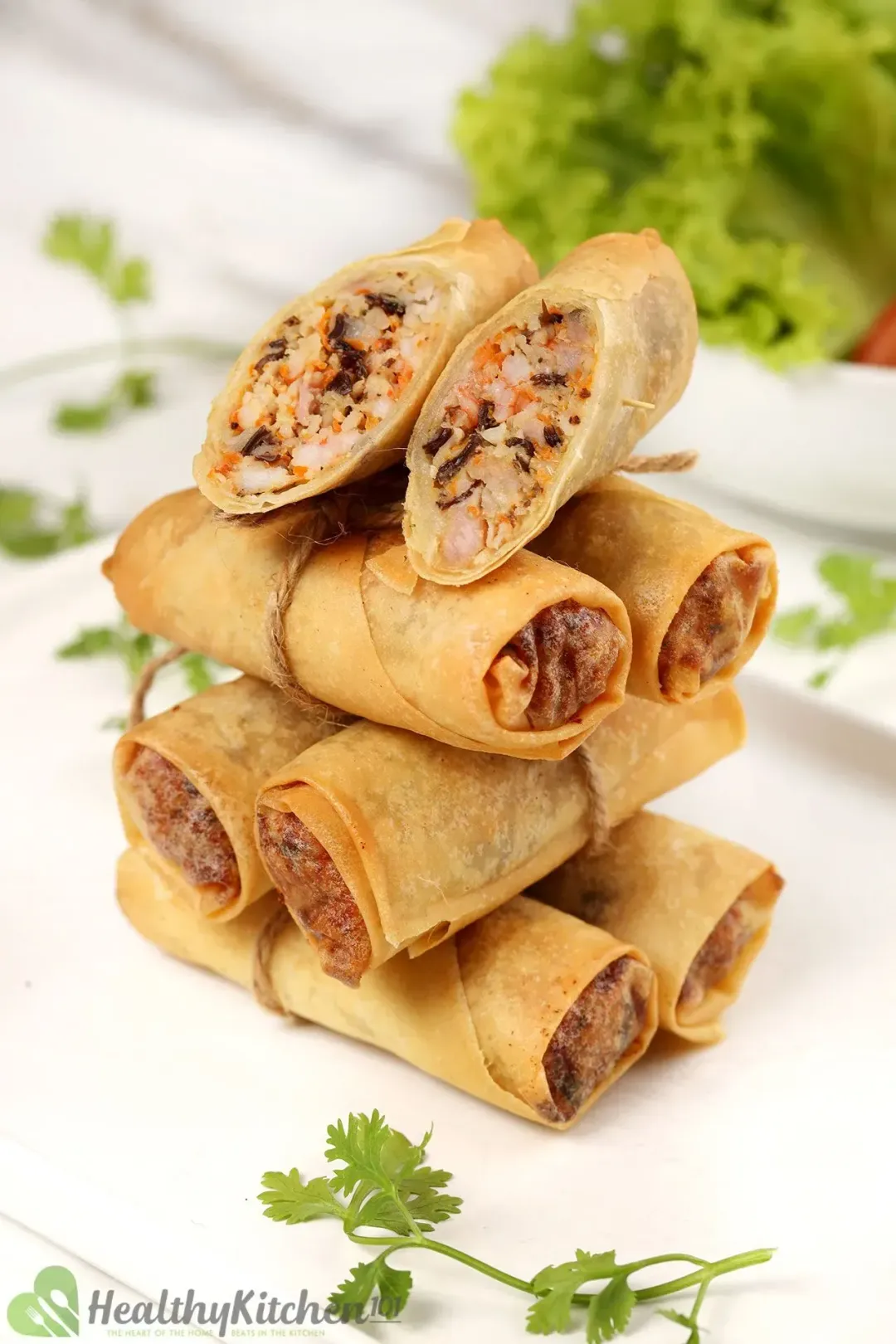
- Bacon and Egg Pie: This recipe by The Flavor Bender is a classic New Zealand bake. The pie delivers spicy leek and cheese flavors and a puff pastry that completes the dish with a crispy crust.
- Egg Muffins: When it comes to clever meals, egg muffins do not disappoint. You can stuff them with veggies like potatoes and mushrooms to create a tasty breakfast that the little ones will love!
- Crustless Quiche: With a crustless quiche, you can bypass the pastry-making chore and come out with this 40-minute ham and bacon bake from Irish American Mom.
- Egg Roll: We stuffed these savory rolls with pork, shrimp, and mushrooms. They’re pleasantly light and crispy and give the stereotypical street food a healthy twist.
- Keto Breakfast Cups: These keto cups by Delish are everything you want in a low-carb breakfast: ground pork, cheddar cheese, and spinach around a runny yolk center baked to creamy perfection.
6. Perfectly Poached Egg Recipes
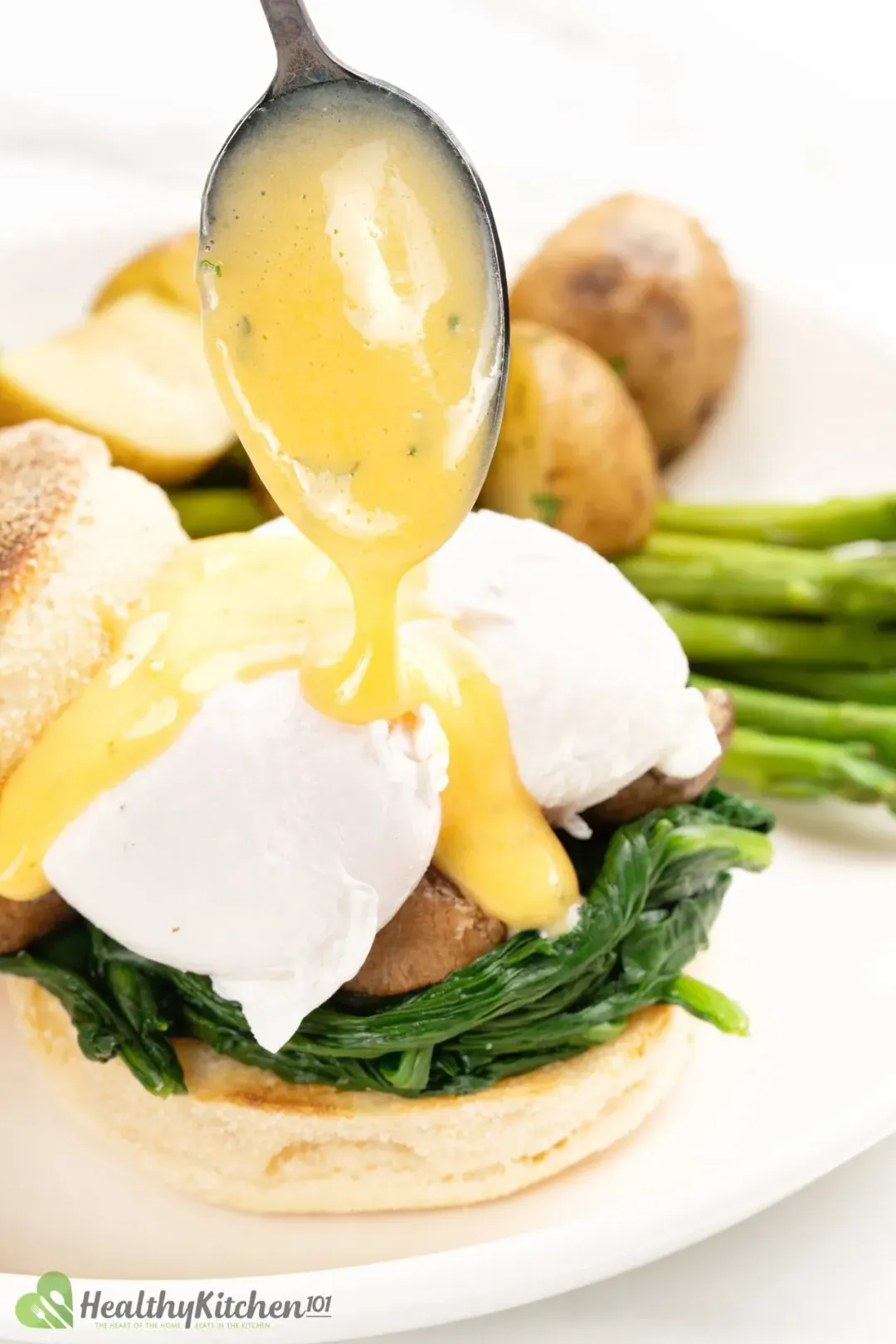
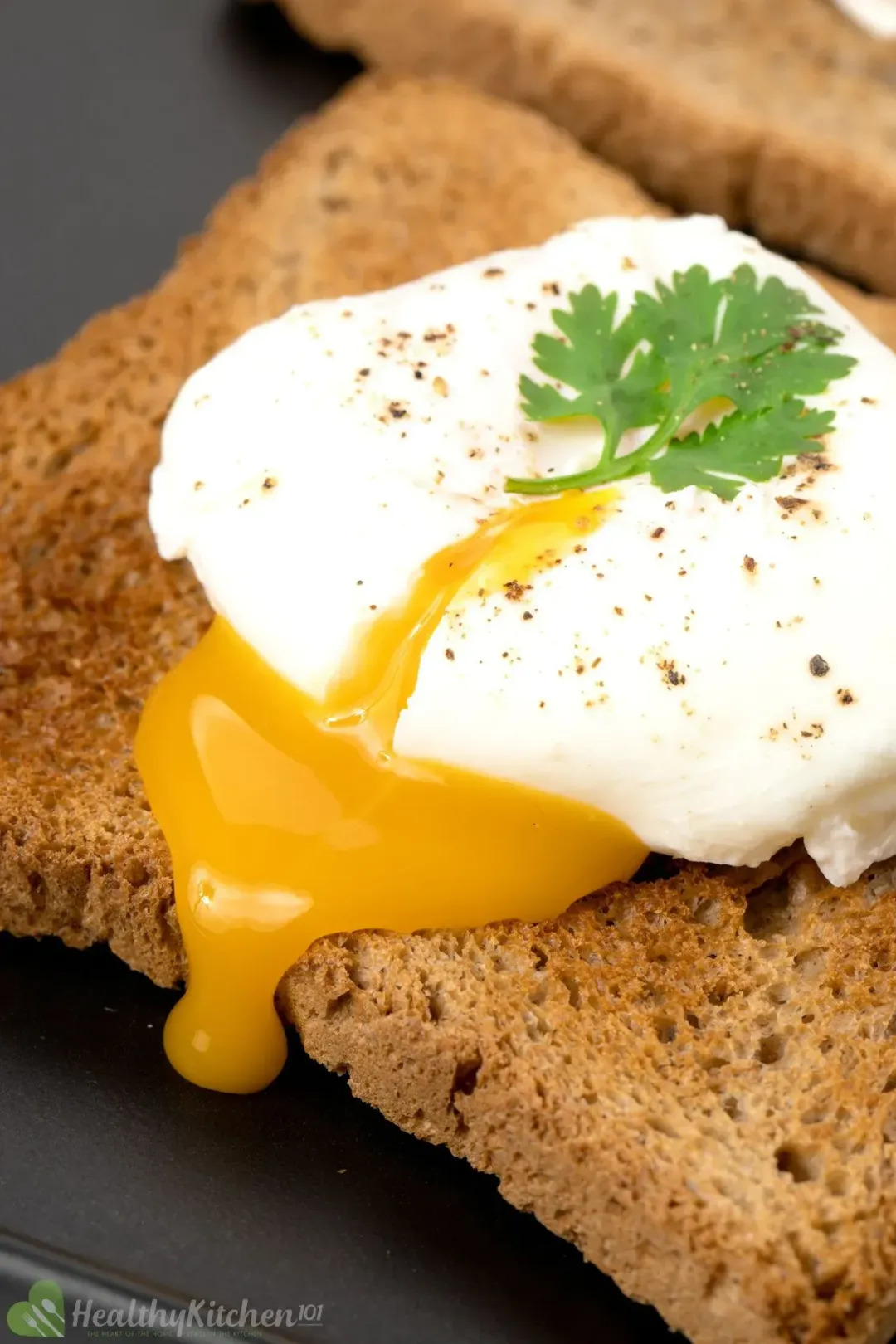
- Poached Eggs: The beauty of poached eggs is they don’t need anything besides water and salt. Simply suspend cracked eggs in boiling water for two minutes and enjoy slicing into their runny center.
- Eggs Benedict: This dish features a poached egg accompanied by a vibrant Hollandaise sauce and served atop English muffins. They’re definitely the right choice when you need to impress your guests.
- Eggs Sardou: Sardou is a Creole poached egg and artichoke dish with creamy spinach and hollandaise. This particular recipe by Biscuits and Booze has a spicy kick that gives it an edge over the original New Orleans version.
- Shakshuka: Your intermittent indulgence in Israeli cuisine can come in the form of this tasty Shakshuka by Openfit. Shakshuka is poached eggs suspended in a tomato stew, or ‘eggs in purgatory,’ depicting the fiery red stew with ‘souls’ floating about.
7. Egg Recipes With Vegetables
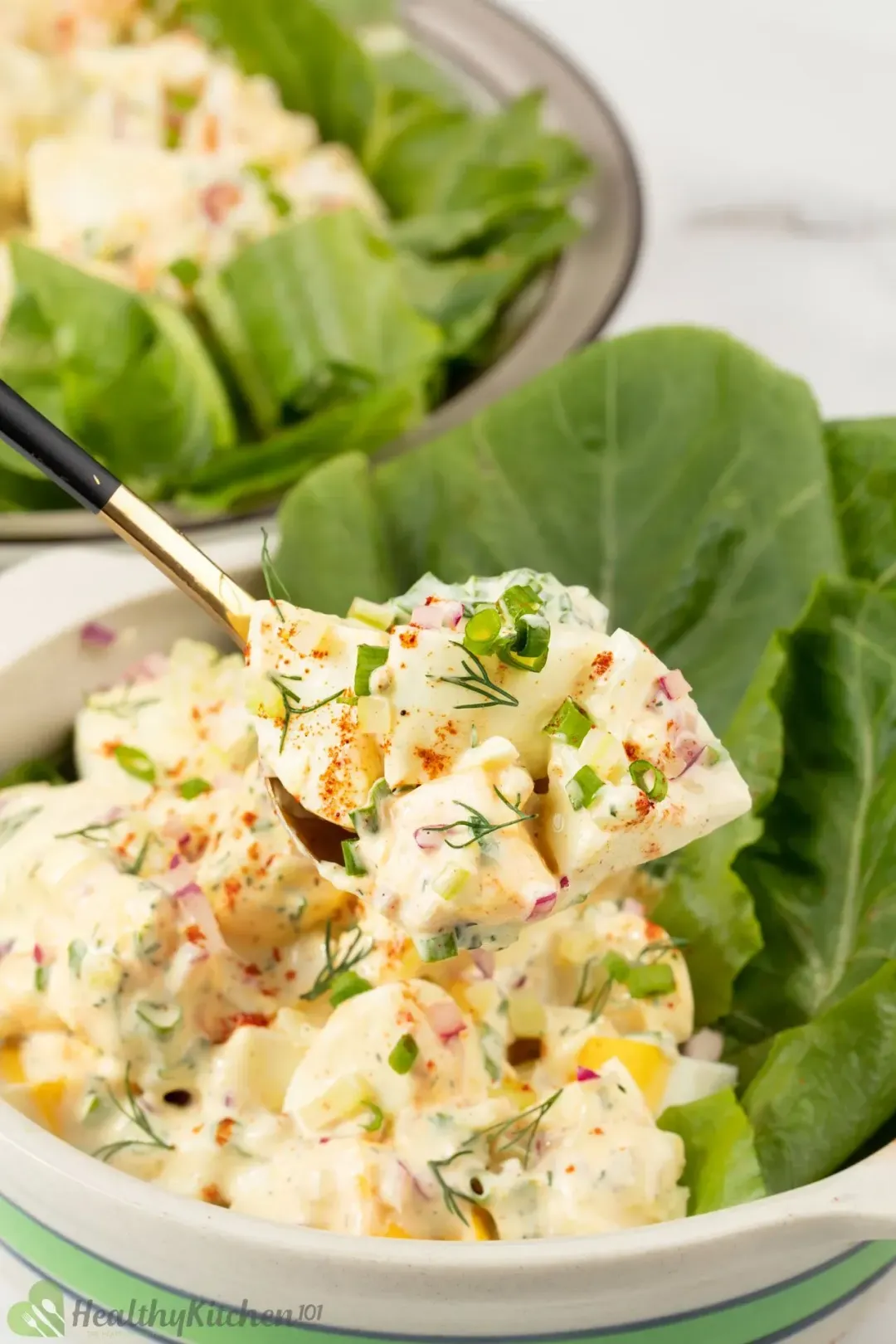
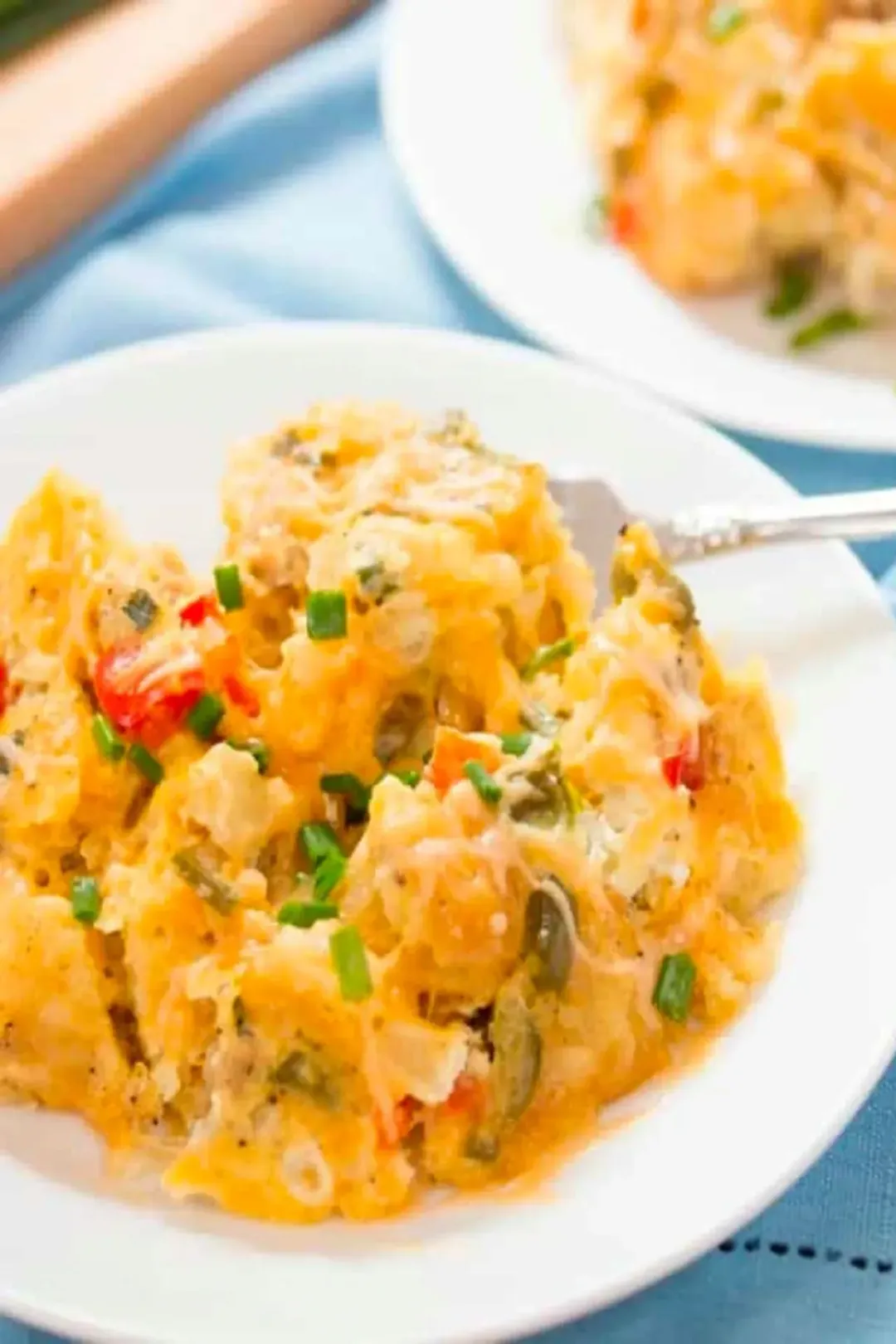
- Veggie Omelet: When it comes to omelets, adding veggies is an effective way to accentuate savory flavors. This recipe by Alpha Foodie includes bell pepper, onion, and jalapeño, which also finish the dish with outstanding textures.
- Cheesy Tomato Egg Gratin: A gratin is typically topped with breadcrumbs and baked to a golden-brown crust. This version by Garlic and Zest uses kale, tomatoes, milk, and gruyere cheese for a rich blend with a creamy topping.
- Italian Brunch Torte: A torte is usually a sweet, layered cake, but this version by Great Eight Friends is a savory pie. The center is rich with an omelet, potato, and ham filling that delivers one stuffed bite after another.
- Crockpot Egg Scramble: This dish by The Cozy Cook is not your typical 5-minute scrambled egg. In fact, it’s a 5-hour, slow-cooked scramble smothered in a creamy potato, cheese, and heavy cream mix.
- Vegetarian Egg Casserole: A Mediterranean-style casserole full of mushrooms, artichokes, and olives, this vegetarian concoction by The Mediterranean Dish is just what you need for a healthy breakfast.
- Sausage Strata: This sausage strata by Abbeys Kitchen is a casserole with bread, turkey sausage, eggs, and cheese layers. It includes spinach and mushroom for added nutrients and a more balanced finish.
8. Egg Dessert Recipes That Are Easier Than Pie
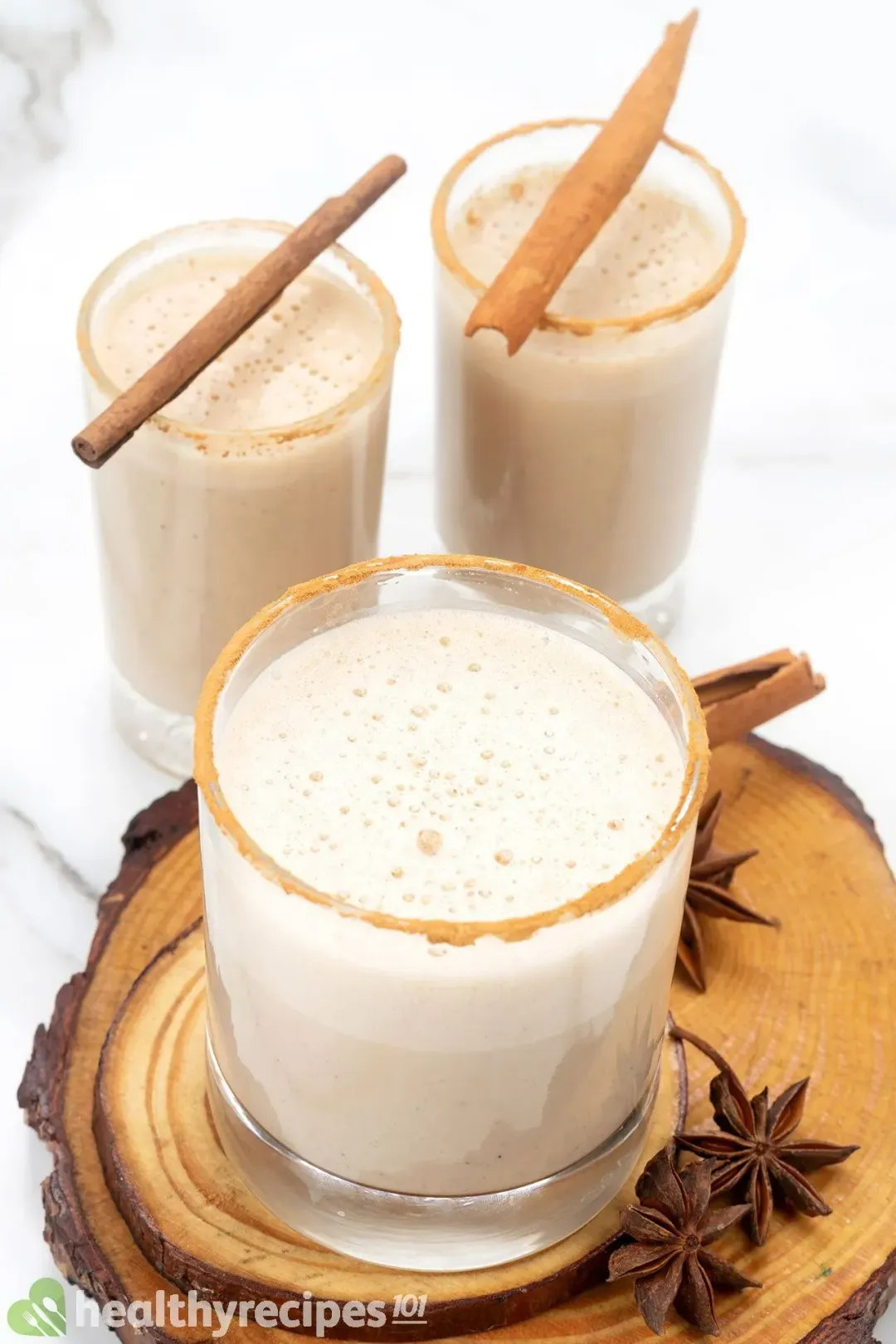
- Chocolate Soufflés: A soufflé is a cross between a cake and quiche, with a puffed-up form that’s fluffy in the center. This version by Taming of The Spoon is chocolate-flavored and comes out as a decadent, low-fat delight.
- Sugar Free Custard: Custard is usually yolk-based to give it a rich texture. This recipe by My Sugar Free Kitchen features a simple vanilla pudding with cornflour and a touch of nutmeg to highlight custard’s light flavors.
- Crème Brûlée: This crème brûlée by The Healthy Home Economist uses only four ingredients to deliver creamy vanilla decadence and a golden coconut sugar topping.
- Honey Meringue: Meringues are excellent for when you have leftover egg whites. This recipe by Foodaciously mixes honey and whites and bakes them into wispy, caramelized bites.
- Eggnog: Eggnog is a traditional Christmas beverage. Cracked eggs are gently tempered with warm milk and cooked before serving the mix with rum, vanilla, and nutmeg — traditional holiday flavors we all love!
How Long Do Fresh Eggs Last?
Fresh, raw eggs can last three to five weeks in the refrigerator. Even if the ‘Sell by’ date passes, the eggs will still be safe to consume if they’ve been refrigerated because the low temperature keeps them fresh.
Once they’ve been cooled, eggs shouldn’t be left at room temperature for more than two hours. Cold eggs can sweat and quickly become infected with bacteria, so it’s best to keep them in the refrigerator at all times.
You may be wondering if you can freeze raw eggs. The answer is yes, but not in whole-egg form. The innards of raw eggs can stay in the freezer for two to three months.
First, whisk them slightly until mixed and pour them into ice trays. Place the ice trays into the freezer until the eggs are frozen.
Transfer the frozen egg cubes into labeled Ziploc bags for safe, long-term storage and when you need to use them, just leave them at room temperature until thawed.
FAQ
1. Are Eggs Meat?
Eggs are not considered meat. They’re an animal-based product, of course, since they come from a hen. And like meat, eggs are a complete protein source.
That’s about where the commonalities between eggs and meat end. They’re protein-rich and low-carb but otherwise don’t operate very similar to meat.
2. Are Eggs Good for You?
It’s evident from their impressive nutrition that eggs are good for you. That said, some people have concerns about the cholesterol you get from whole eggs.
The issue of blood cholesterol has long been a hot topic among health officials. Recently, however, ‘research has shown that most of the cholesterol in our body is made by our liver — it doesn’t come from cholesterol we eat,’ says Professor of Medicine at Harvard Medical School, Anthony Komaroff.
In short, what matters more is what you eat with your eggs. Otherwise, having an egg a day shouldn’t put you at risk of heart disease.
3. How to Crack an Egg
Here are a few cracking tips so that you don’t end up with bits of shattered eggshell in your food.
Use the countertop: Perhaps the most widely used method by amateur and pro cooks alike, the countertop method is very convenient.
You don’t need any equipment — just use a firm but gentle grip to hold the egg upright. Knock it against the countertop once hard enough to crack it but not so hard as to smash half the shell.
Once cracked, use your thumbs to gently pry the shell open and release the innards into a bowl.
Use a knife: This method is for cooks who are confident wielding a kitchen knife with great precision.
Hold the egg in the palm of your hand with the pointy end up. Using the unsharpened back of the blade, strike horizontally across the egg’s belly in half.
Ensure that you apply enough pressure to crack it on the first go, as multiple strikes may end up shattering the eggshell into bits and pieces — not ideal.
Use the rim of a bowl: This may not be the most ideal method for a seamless crack, but it is pretty convenient.
Hold the egg in the palm of your hand and aim to hit the center of the egg against the rim of a bowl. Use a good amount of pressure while holding the bowl steady with your other hand.
Once cracked, use your thumbs to pry the eggshell open and pour the egg into a bowl.
4. What Happens If You Eat Eggs Every Day?
According to WebMD, eating an egg a day is heart-healthy.
A study focusing on the vascular health of over 177,000 people was conducted to evaluate the effects of eating eggs. Most of them ate one egg or less per day, and there was no correlation between egg consumption and blood cholesterol.
The good news is this study was applied to both healthy individuals and those with cardiovascular diseases. Therefore, the results suggest that eating seven eggs a week is safe for all kinds of egg-lovers.
Tuyet Pham
Head Chef, Culinary ConsultantLuna Regina
Writer, Author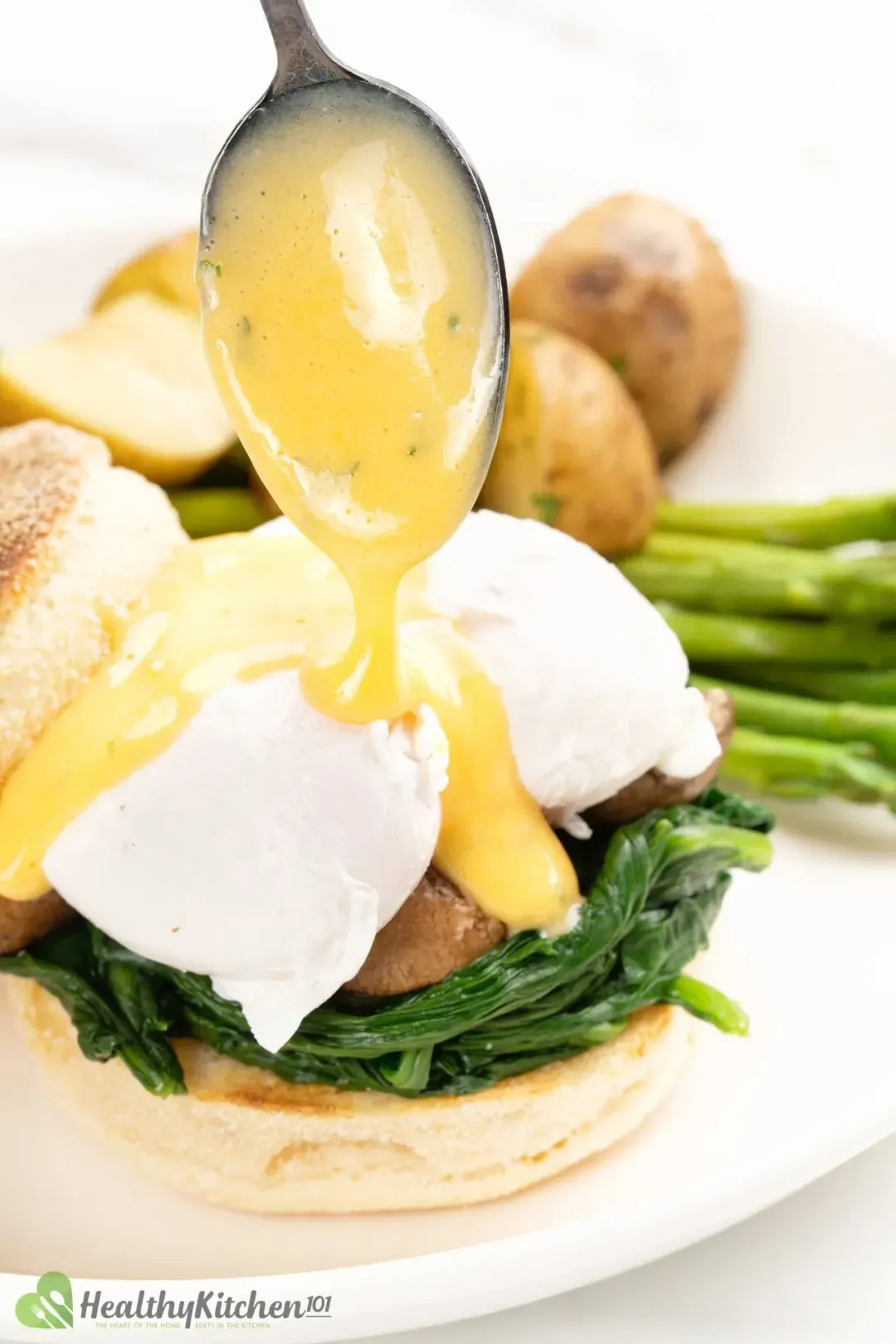
- Mary K.I cooked the sunny side up egg and it was delicious! The flavors were perfectly balanced and the texture was buttery smooth.